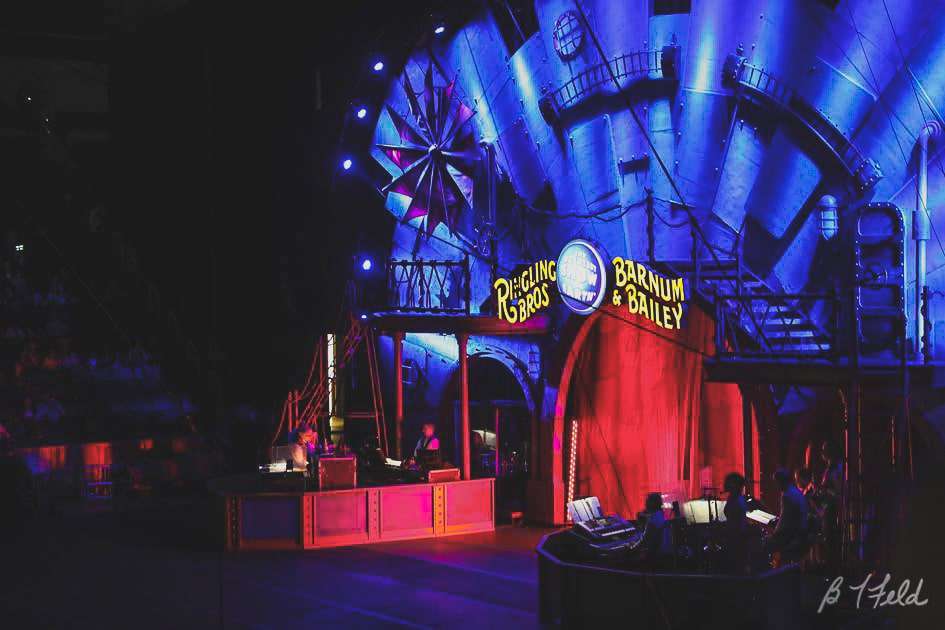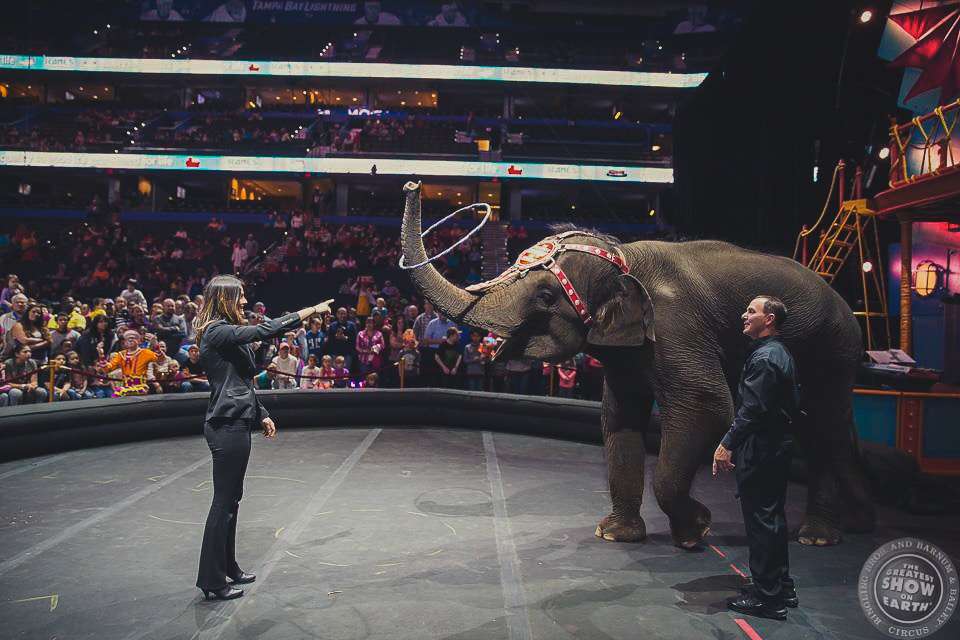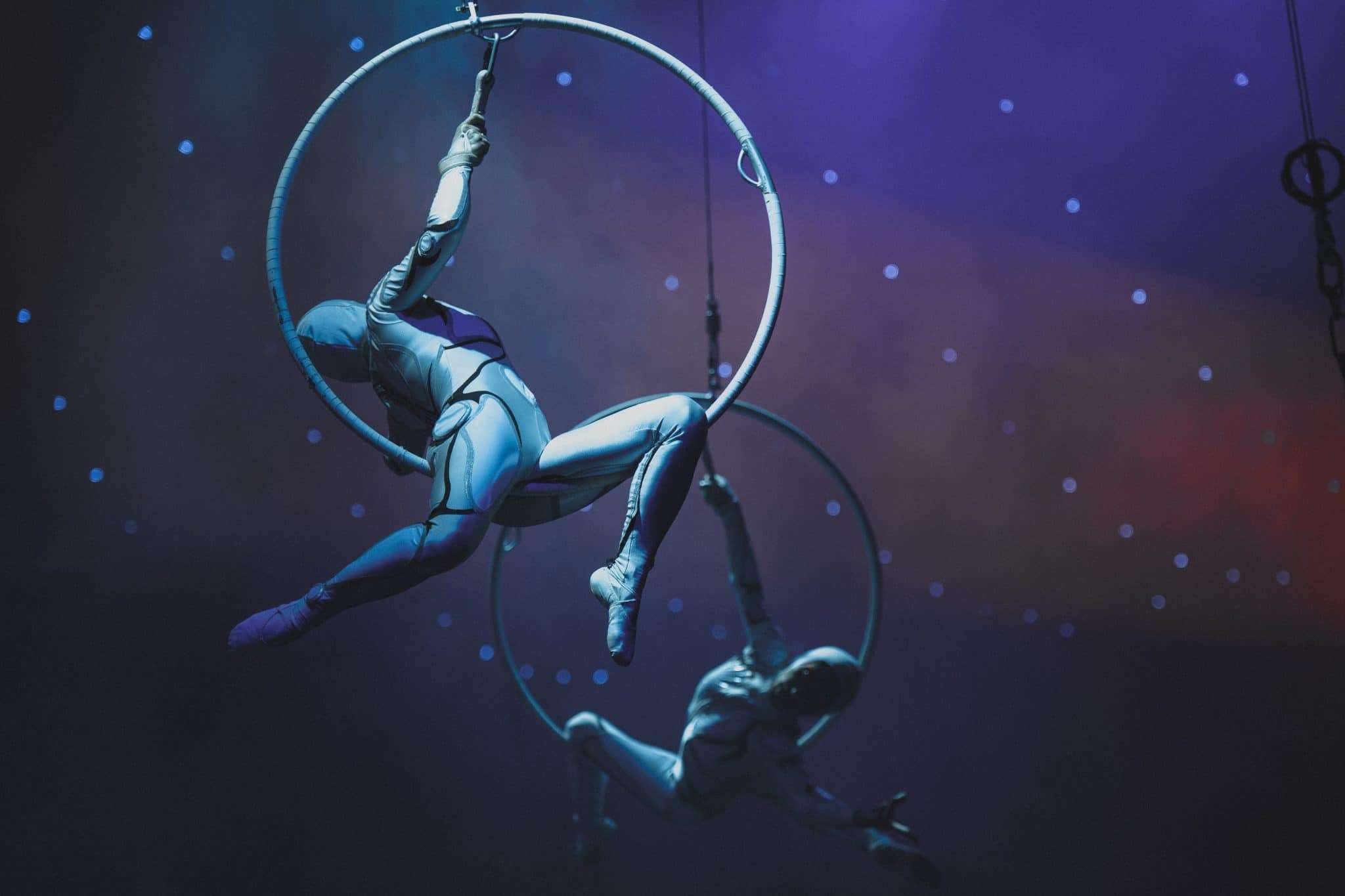The biggest name in circuses says it’s coming back with one big change: no more animals.
It’s been a long, strange four years since The Ringling Bros. and Barnum & Bailey Circus shut down after more than 146 years traversing the planet as “the greatest show on earth.” And now it says it’s returning to the big tent. But this time, it’s leaving the animal acts off the marquee, for good.
“In 2023 we will be relaunching Ringling Bros. and Barnum & Bailey Circus,” Feld Entertainment CEO Juliette Feld Grossman told the VenuesNow Conference in Seattle last week. Feld Entertainment has owned the circus since 1967.
Grossman teared up as she told the conference, “You can see it’s emotional and exciting for us as a family. We really feel that Ringling Bros. has incredible relevance to today’s audience.”
She may be right. Closing in on two years of a global pandemic, a throwback to the preeminent entertainment of a hundred years ago (which was also in the wake of another pandemic) feels neutralizing, if not entirely wholesome.
Can Ringling Bros. do it without the animals, though?
Ringling’s decline was decades in the making; entertainment options from movie theaters to home theaters and beyond vied for consumer attention beginning in the middle of the 20th century.
But it was, most significantly, the widespread criticisms of the circus’s exploitation of animals–decades of protests from groups like PETA (People for the Ethical Treatment of Animals)—that cemented the circus as an outdated relic, another blemish to heap onto the pile of our misguided choices. Its ticket sales continued to decline.

“From our inception, we were determined to end Ringling’s abuse of animals, because it truly was the saddest show on Earth,” PETA said in a statement.
For more than a century, the biggest draw for these circuses—all once competitors: P.T. Barnum, the Cooper and Bailey Circus, and the Ringling Bros. before their unified show started touring in 1919—were the animals: elephants, tigers, lions, bears, monkeys, among others.
The circus preceded television, museums, and air travel—and for millions of Americans and Europeans, the first glimpse of the wild animals of Africa and Asia was under the big tent as it traveled the country by rail, then ships to Europe, and back again.
Circus cruelty
Photos of the era show the spectacle stretched far beyond just the tent as townspeople would line the streets to watch as elephants were marched single file from train stations to their destinations, the stress and fear weighing on their already humbled postures.
Circus animals suffered. There was no denying it. PETA and others brought countless examples to the public, showing mistreatment including beating with bullhooks, starvation, and animals locked in small cages all but for the two or so hours a night during their performances.

Animals would, on occasion, retaliate, elephants trampling their handlers, often taking out audience members in the fray, the most common example. These tragic events along with the abuse and imprisonment fueled the animal rights movement. In every town across the country, PETA protestors could be seen outside circus tent doors, urging people to turn away. And though it took decades, many of them finally did.
“There’s been, on the part of our consumers, a mood shift where they may not want to see elephants transported from city to city,” Kenneth Feld, president of Feld Entertainment, said in 2015 as the circus moved closer to shutting down. It removed elephants from its shows in 2016.
In 2020, Ringling also handed over its elephant breeding and training center in Florida to White Oak Conservation—an organization certified by the Association of Zoos & Aquariums. The first group of elephants made their move to White Oak earlier this year where they now live in a herd exploring natural behaviors.
Circus 2.0
“Feld’s forward-thinking revolution proves that circuses can dazzle audiences with willing human performers and that no animal need ever be exploited in the process,” PETA said. Animal-free circuses exist; Canada’s Cirque du Soleil is the premier example. It is one of the hottest tickets in any town (in pandemic-free times).
“The company’s other animal-free productions are already brimming with creativity and consenting talent that transform arenas into entirely new worlds: They immerse audiences in the jungles of Jurassic World, where they encounter realistic dinosaurs, and they bring superheroes to life in Marvel Universe Live! We’re sure Ringling Bros.’ return—featuring human aerialists, clowns, and daredevils who are free to go home at the end of the day and to choose when they retire—will similarly wow spectators, all while leaving elephants and other animals in peace,” the group said.

“The exciting announcement sends a powerful message to the entire industry,” PETA said. “Cruelty doesn’t belong in the circus or in any other form of entertainment.”
The return of a Ringling Bros. circus with a whole new ethos mirrors in a number of ways our own journey through this tightening door of the last several years—the pandemic, climate change, and human activity, namely our increasingly poor choices affecting our own health and the health of the planet, that has us now in our own circus-style balancing act of sorts.
Does Ringling’s updated return from the ashes offer a glimmer of hope? Does it speak to our own ability to rise out of our self-inflicted crisis and fill the big tent with roaring applause? Looks like we’ll find out soon enough.
Feld Entertainment is expected to formally announce its new Ringling Bros. and Barnum & Bailey touring schedule next year.


